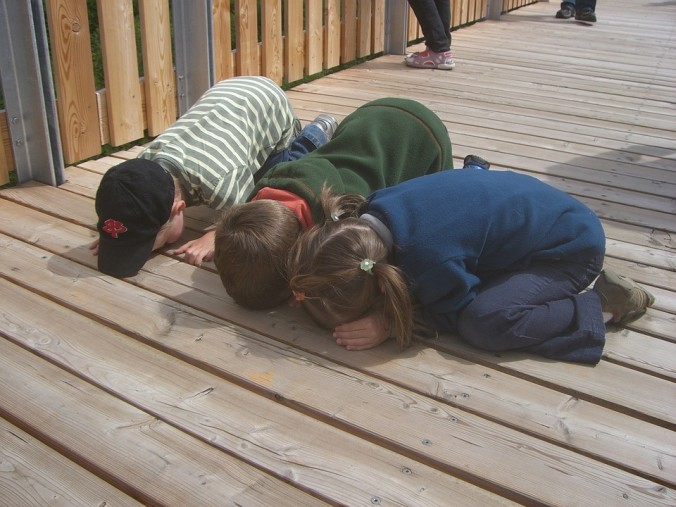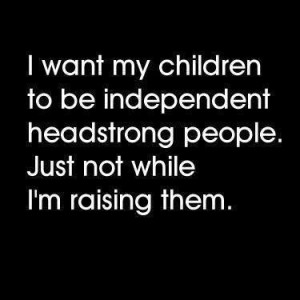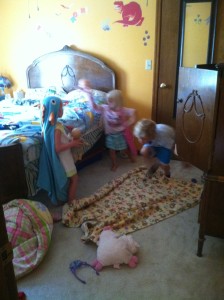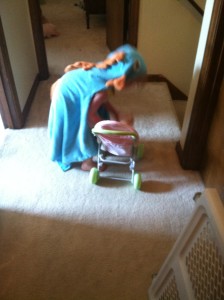A few weeks ago, I lamented on Facebook:
My oldest seems to be particularly inclined to ask about anything and everything. Honestly, it can be exhausting, and I do have limits. However, I’m trying to maintain an openness to their curiosity.
A while back, I read that in a particular Jewish culture, mothers (and fathers) would drop off their children to Hebrew School and encourage them, not with parting words of “behave!” or “eat your lunch!” or even “have fun!” but rather they told the kids, “ask good questions.”
The point of the article which shared this tradition directed me to the benefits of raising children with a faith that is open to the questions, as opposed to a more closed system that much of contemporary Christianity tends to portray. I liked the approach, and as I often do, adopted it as one of my own. I encourage the kids to ask questions frequently and impose my Jesus-like quality of answering a question with a question to a frustrating degree.
Beyond the impact on a person’s belief system – one that is developed over time, nurtured with curiosity, comfortable with a few unknowns, rather than simply a product of indoctrination – I believe curiosity to be immensely important in the way we engage with the world. I write because I’m curious. I read because I’m insatiably curious. I spend time on Facebook because I’m curious. I’m curious to the point of nosy (which leads to a few boundary issues, but my truest friends are so very accepting. And forgiving.)
If I were to try to limit my hopes and dreams for my children to only 5, I believe “being curious about the world” would make the list. Please, don’t ask me to list the other 4, this a challenge I don’t wish upon myself. (But, now I am curious as to how I would answer.)
Now I’m backed by scientific research. Mind/shift just posted on their NPR site another article about the effects of curiosity on learning:
“There’s this basic circuit in the brain that energizes people to go out and get things that are intrinsically rewarding,” Ranganath explains. This circuit lights up when we get money, or candy. It also lights up when we’re curious.
When the circuit is activated, our brains release a chemical called dopamine which gives us a high. “The dopamine also seems to play a role in enhancing the connections between cells that are involved in learning.”
Indeed, when the researchers later tested participants on what they learned, those who were more curious were more likely to remember the right answers.
So, while I might be bald by the time the youngest graduates from pulling my hair out at the incessant questions, I will be proud. Those meanderings will lead to further pursuits, I believe. When the oldest wants to know why we “can’t build houses out of glass” it might lead to a lifetime of building or engineering or figuring out which materials will withstand life on Mars. Or when he wants to know how many bones are in the human body or why we can’t tie cords around our feet at night, it could lead to a future in medicine or curing the world of arthritis.
My children, ask away. Keep asking. When you get “I don’t know” keep asking around the issue.
And when mama hides in a dark room, just ask Siri.






